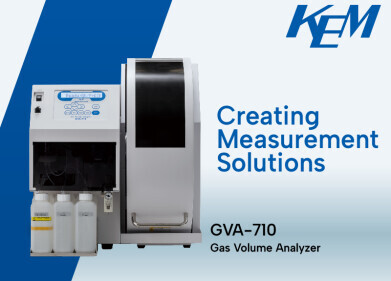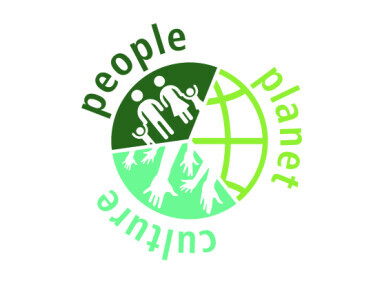Laboratory Products
TGAC Leads Research to help Identify Animal-to-Human Transmitted Diseases
Oct 23 2014
The BBSRC-funded research, led by TGAC’s Dr Richard Leggett, aims to develop computational algorithms that can accurately assemble viral genomes contained within metagenomic samples. These microbial samples pose a challenge to researchers as, not only do they contain numerous different viral species; it is also difficult to locate precisely which species are present.
As a currently under explored area, the research is vital to improve our ability to identify viruses. Beneficial to researchers involved in the study of animal-to-human transmitted viruses, disease diagnostics and epidemiology, the three-year project will demonstrate the practical value of the developed bioinformatics tool by testing it against real datasets taken from species expected to host a variety of viruses, including a set of African rodent samples. Samples are being provided by collaborators led by Pablo Murcia at the MRC-University of Glasgow Centre for Virus Research.
Metagenomics is broadly defined as environmental genomics, allowing the study of microbial communities of our living world. While the sequencing of metagenomic samples follows the same process as that for sequencing a single genome, it becomes more complex at the assembly stage where the short sequenced fragments of DNA must be correctly arranged into the genomes of multiple species. This intricacy is compounded by the currently limited bioinformatics tools available to conduct the assembly for metagenomic samples, particularly for those containing viruses. Having demonstrated the possibility and feasibility of such a tool by the Institute’s previous MetaCortex project, the new research will create the algorithms required to address this gap in metagenomic capabilities.
Dr Richard Leggett, Project Leader at TGAC, said: “This is an exciting project and we hope the work will equip researchers who are looking at a wide range of viral infections, including those affecting humans and agriculturally important livestock."
The project, titled: ‘Development of computational strategies for identification and characterisation of viruses in metagenomic samples’ is funded by the BBSRC Responsive Mode Award.
Brady Corporation R&D teams have developed extremely durable and printable identification labels for laboratory samples. “These labels have been engineered to stay attached to samples even when frozen with liquid nitrogen or heated in an autoclave. The ink used to print them can resist chemicals typically used in laboratories to ensure their legibility and to avoid sample loss,” said Tugba Sert, EMEA Product Manager at Brady.
“When lesser quality labels become detached or illegible after exposure to chemicals, samples can become unidentifiable and unusable for further scientific research. The average cost of losing one sample has been calculated, in a clinical lab setting, at 550 euro. To prevent this from happening, Brady scientists and engineers set out to discover new label constructions to ensure sample traceability for life.
“Brady laboratory label materials resist extreme temperatures and can withstand chemicals commonly used in laboratories. Brady created user-friendly label formats for its lab labels to easily identify vials, tubes, slides, straws and tissue cassettes. In the right conditions, these engineered label constructions can even be applied to already frozen samples.
“Next to sample labels, Brady also supplies easy to use printing systems with label wizards and built-in symbol libraries enabling scientists to accurately and swiftly label any sample. The printers barcode capability ensures that all necessary information can be attached to the sample itself, on a label that stays in place and saves researchers from a potentially sticky situation.”
Brady researchers have created a white paper explaining their point of view and outlining any governmental and regulatory requirements regarding sample traceability. Also available are technical data sheets on Brady’s laboratory labels showing results from all tests conducted. Contact Brady at emea_request@bradycorp.com for the white paper ‘Sample Certainty’ or for technical data sheets on Brady’s laboratory labels.
Digital Edition
Lab Asia 31.2 April 2024
April 2024
In This Edition Chromatography Articles - Approaches to troubleshooting an SPE method for the analysis of oligonucleotides (pt i) - High-precision liquid flow processes demand full fluidic c...
View all digital editions
Events
Apr 22 2024 Marrakech, Morroco
Making Pharmaceuticals Exhibition & Conference
Apr 23 2024 Coventry, UK
Apr 23 2024 Kintex, South Korea
Apr 23 2024 Seoul, South Korea
Apr 24 2024 Jakarta, Indonesia


.jpg)

.jpg)













